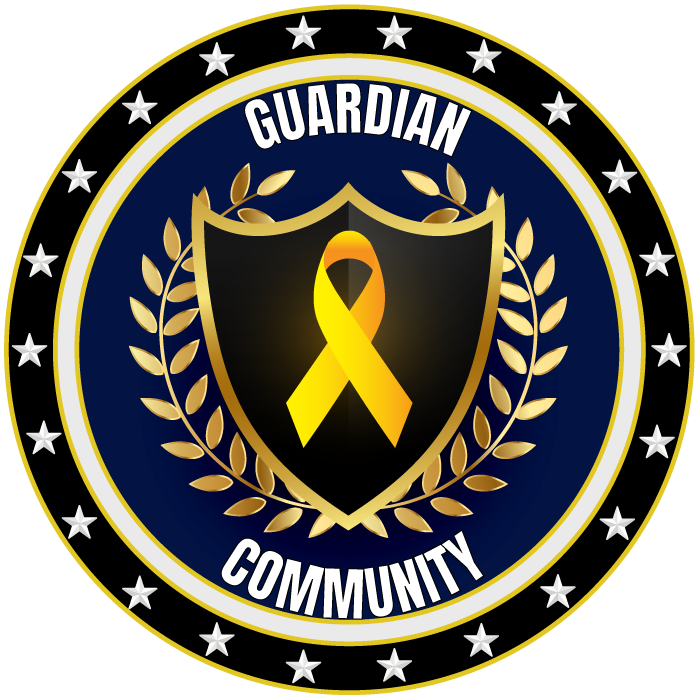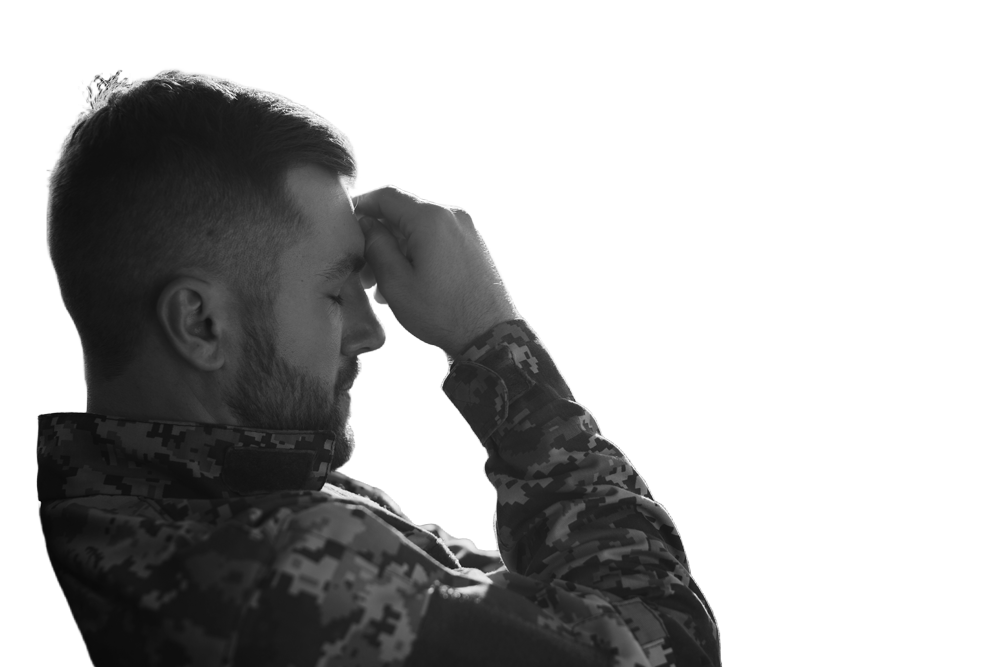What Causes PTSD?


What Causes PTSD? Understanding the Roots of Trauma and Its Impact
Initially, I didn’t know it was trauma. I thought I was just tired or burned out—maybe a little more on edge than usual. After all, I’d seen worse, experienced worse. I chalked it up to stress and told myself to push through.
Yet, the nightmares wouldn’t stop. Neither would the panic when entering crowded rooms or hearing unexpected sounds. Shame would appear out of nowhere, guilt settled heavily every time I saw a photo of my old unit, and I brought silence into my own home like body armor.
It wasn’t one event that caused it—it was all of them combined
-
The deployment.
-
The call where the child didn’t make it.
-
The time I couldn’t save someone I was sent to rescue.
-
The screaming.
-
The stillness afterward.
-
The relentless pressure to always be strong for everyone else.
Understanding Trauma Beyond the Event
Many believe PTSD comes exclusively from war, but reality is far more nuanced. PTSD can emerge from any overwhelming experience that makes you feel helpless, terrified, or trapped.
Consider this:
-
PTSD can develop from a firefight in combat—or witnessing someone you love die suddenly.
-
It can arise from a single traumatic event or repeated exposure to pain, loss, and crisis over time.
-
Experiences like childhood abuse, sexual assault, combat, car accidents, or years spent on high alert as a paramedic or police officer can all lead to PTSD.
The Persistent Impact
Though the trauma may have ended, your body hasn’t received that message. Consequently, your brain continues replaying it, and your heart reacts as though it’s still happening. Avoiding places, people, or emotions becomes a protective measure because something deep inside fears reliving the trauma.
You feel it in your shoulders, your jaw, your silence. You project strength at work. You numb pain through alcohol, television, or loud music during long drives. You keep trying to convince yourself you’re fine. Yet deep down, you know otherwise.
You’re Not Weak—You’re Wounded
Experiencing PTSD doesn’t indicate a lack of strength. Rather, it’s a sign that you’ve endured more than your nervous system could process at the time.
The hopeful news is that wounds heal, but healing requires care and attention—not avoidance.
Common Causes of PTSD:
- Combat and war-related experiences
- First responder incidents (police, fire, EMS)
- Physical or sexual assault
- Serious accidents or injuries
- Childhood abuse or neglect
- Sudden loss of a loved one
- Natural disasters or severe medical trauma
- Repeated exposure to human suffering and crisis
Everyone Responds Differently:
Finding Hope and Help
If this resonates with you or someone you care about, don’t wait for things to get worse. The fact that you’re reading this means things already feel challenging enough.
Reach out to Guardian Community today. We specialize in providing trauma support for veterans, first responders, and families. Whether the trauma occurred recently or decades ago—your experience matters. You matter.
You’re not alone, and you don’t have to face this alone any longer.
Alex Beaverson, VP Guardian Renewal Project

